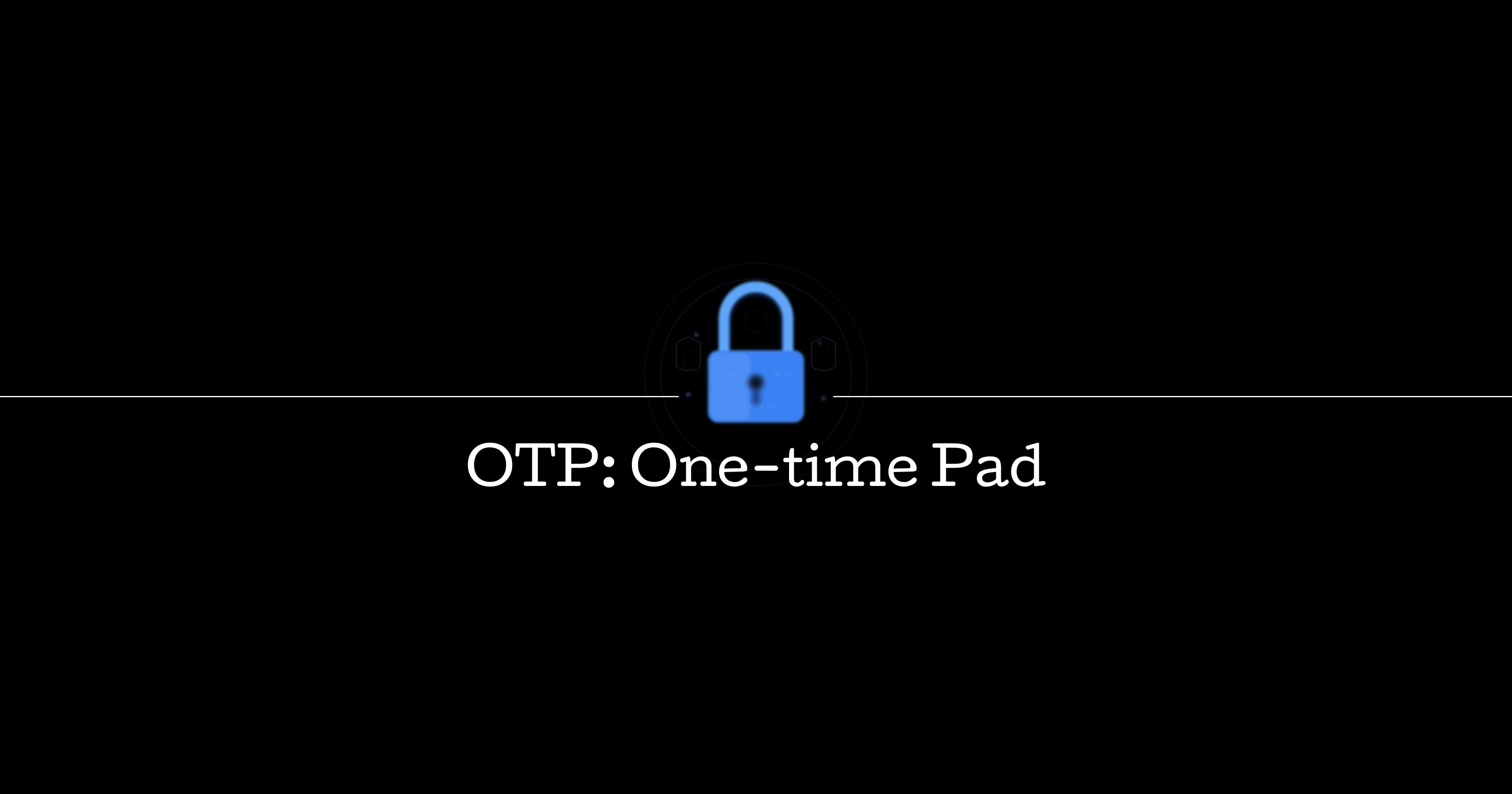Kevin Marcus has always had fun building and innovating with the enterprise startups he helped launch. That feeling is intact with his latest venture, especially since fun is what the company is about.
Marcus has gotten into video games with the launch of KATforge Studios, an indie studio he’s working on with his wife Annemarie Marcus and son Trevor Marcus.
“I’m one of those people that really struggles to do things I don’t like,” Marcus told GeekWire. “So every company has always been something that I enjoy doing or find fun in working on. Doing this is a different type of fun.”
Marcus is a Seattle-area startup veteran who co-founded internet search and directory services company InfoSpace back in 1996, and background check provider Intelius in 2003. In 2012 he helped launch Versium, a startup whose suite of tools helped marketers make sense of data. He stepped away in April after a 13-year run.

With KATforge, Marcus and his family aren’t just out to create puzzle games to rival popular offerings such as “Wordle” in what he considers an increasingly saturated market. They’re leveraging technology, including AI, to test ideas quickly and to create games that resonate with players in search of something new.
The studio’s debut title, “Lextris,” is a fast-paced word puzzle that looks a little like if “Tetris” and “Scrabble” were mashed up. Letters fall from the top of the screen in block-drop style, and players must quickly arrange them into words before the screen fills up. Points are scored for longer and more complex words.
Marcus appreciates the popularity of games being offered by non-traditional outlets such as The New York Times, or the experimentation that’s bringing daily games to platforms like LinkedIn. But he thinks an important piece of engagement is missing from their puzzles — community.
The goal with KATforge is to bring people together to solve things that they couldn’t necessarily do on their own. By targeting book clubs or retirement communities where people are already gathering together, Marcus sees an opportunity to extend the reach of his games. Team competition, for example, is a feature that could be coming to “Lextris.”
The ability to try different ideas and designs has been sped up a great deal by AI and the vibe coding that KATforge is employing for early testing. They used Anthropic’s Claude model to build the first version of “Lextris.”
“It was clunky,” Marcus said. “If you looked at the code it was 15,000 lines and it was terrible. You wouldn’t be able to maintain it. But it allowed us to test it, play with it, and put it in front of some people to say, ‘Hey, what do you think of this?’”
After collecting feedback they coded it all for real, with no AI. It’s a process they’ll repeat in the development of future games.
“The ability to rapidly prototype it and put it out and see what happens, that is something we could not have done before, because it would have taken just way too long,” Marcus said.
The actual testing and deploying of games isn’t the only area where Marcus sees the impact of AI. He thinks the rise of the technology and its impact on work is one of the reasons people will even have time to play his games.
If robots and agents are doing more of the work, people are going to have more free time. Maybe they’ll use that time to be outdoors and exercise. Maybe they’ll play more puzzle games and exercise their brains.
KATforge is self-funded and “Lextris” is free to play and there are no ads or in-game purchases built in yet. The next game that’s planned is a role playing game called “Gear Goblins.”









